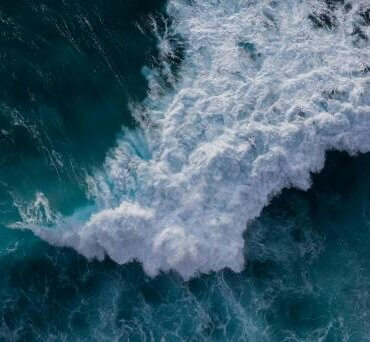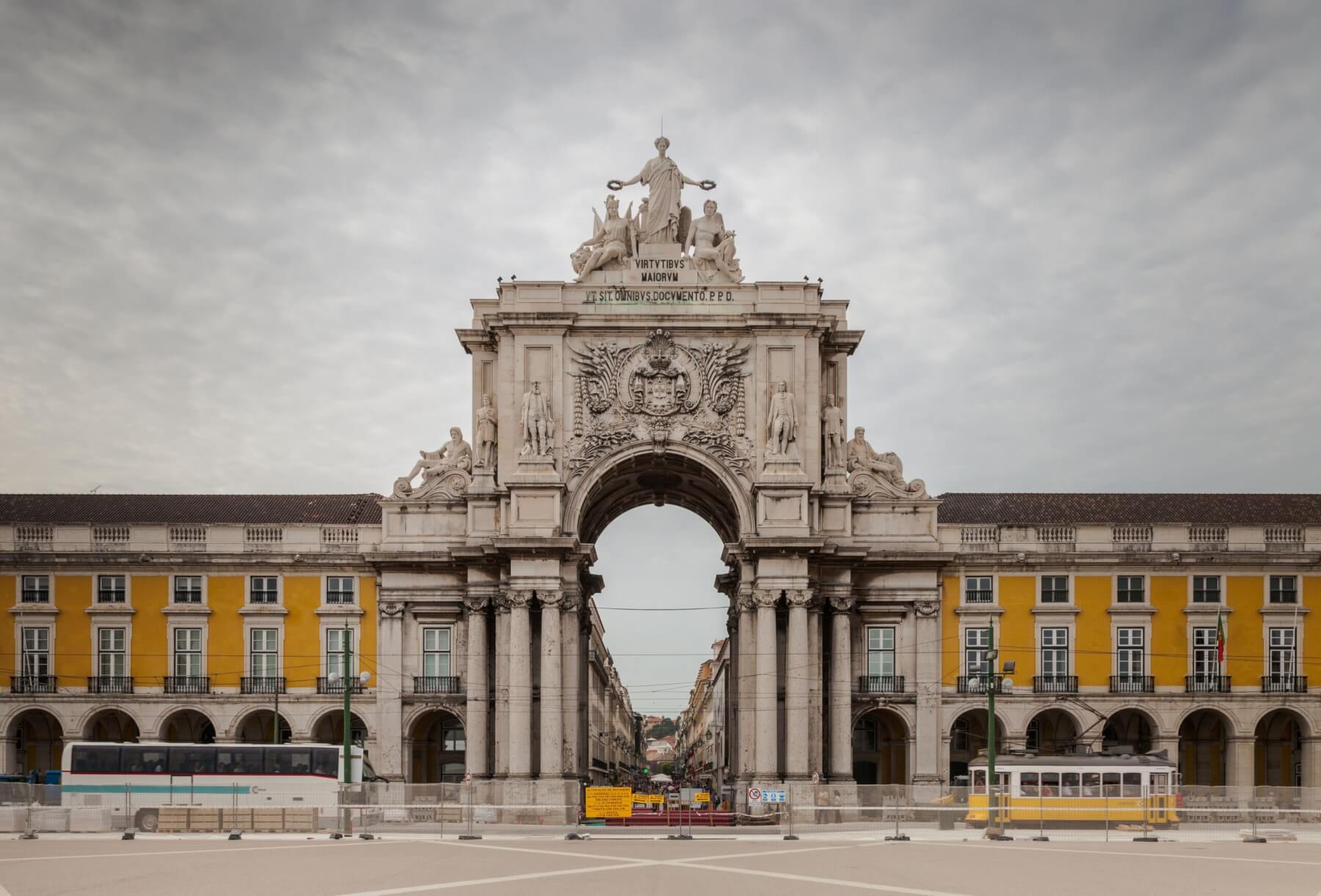
Tsunami. pexels.com
At 9:35 am on November 1 1755, the people of Lisbon, Portugal experienced between six and nine minutes of ground shaking. A fault had ruptured offshore Portugal in the eastern Atlantic Ocean, causing the event now known as the Lisbon Earthquake, or Terramoto de 1755.

Triumph Arch in Rua Augusta, Lisbon, Portuga. Photo: Diego Delson, Creative Commons

Janine Krippner
By the time the shaking stopped, the tragedy had only just begun across the coastal city. These events can be complex, with multiple hazards being triggered by the initial process. Fire broke out in Lisbon, causing people to head to areas like the Terreiro do Paço square to escape the flames. They couldn’t have known that this was a dire mistake.
When I mentioned that the earthquake originated offshore and people in a coastal city felt a long earthquake, did you immediately think “tsunami”? The earthquake had triggered a tsunami that claimed around 900 lives in Lisbon. One tragic account tells of people taking refuge in the São Paulo church – and 32 perished as the fire, which would last 5-6 days, spread.
Within an hour of the earthquake, coastlines of Portugal, Spain, and Morocco had been hit by tsunami waves. Around five hours later, the tsunami reached the United Kingdom, causing minor damage, and 9-10 hours later, the Caribbean.
Around the Pacific Ocean tsunamis are commonplace, but with the lack of large subduction zones in the Atlantic they are much less so. Estimations of total fatalities vary widely, but historians and scientists place the death toll between 30,000 and 60,000 people across Portugal, Spain, and North Africa.
This catastrophe illustrates how a single natural event can trigger cascading hazards – earthquake, tsunami, and fire, compounding destruction and loss. It also highlights the life-or-death importance of how people respond. The actions you take immediately afterwards can determine your survival.
As always, these accounts are a reminder to know the warning signs of a tsunami and think about what actions you would take. If you feel a long or strong earthquake near the coast, get to higher ground. If you see unexpected behaviour of the ocean (rising or falling water) or hear a roar from the ocean, don’t wait around. These lessons cannot be repeated often enough.
If you get a tsunami alert, follow the advice but remember that if the source of a tsunami is too close you may not get a warning beyond the earthquake itself. Areas in Portugal only had around 30 minutes between the earthquake and the start of the tsunami. If you think of trying to move through a crowded city, that is not much time. Trying to drive away in modern times can result in being stuck in traffic within the danger zones.
Tsunamis can also be triggered by processes other than earthquakes, so being aware of the ocean when we are at the beach is always important. Quick, informed action saves lives. Practice evacuation routes, pay attention to tsunami signs, and remember: while we cannot stop earthquakes or tsunamis, we are not powerless. Preparedness and awareness can make all the difference for you and those around you.








